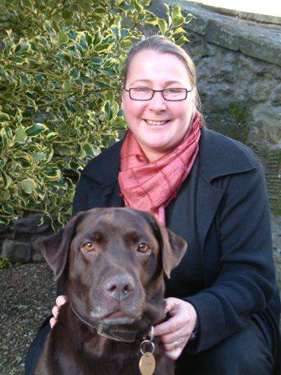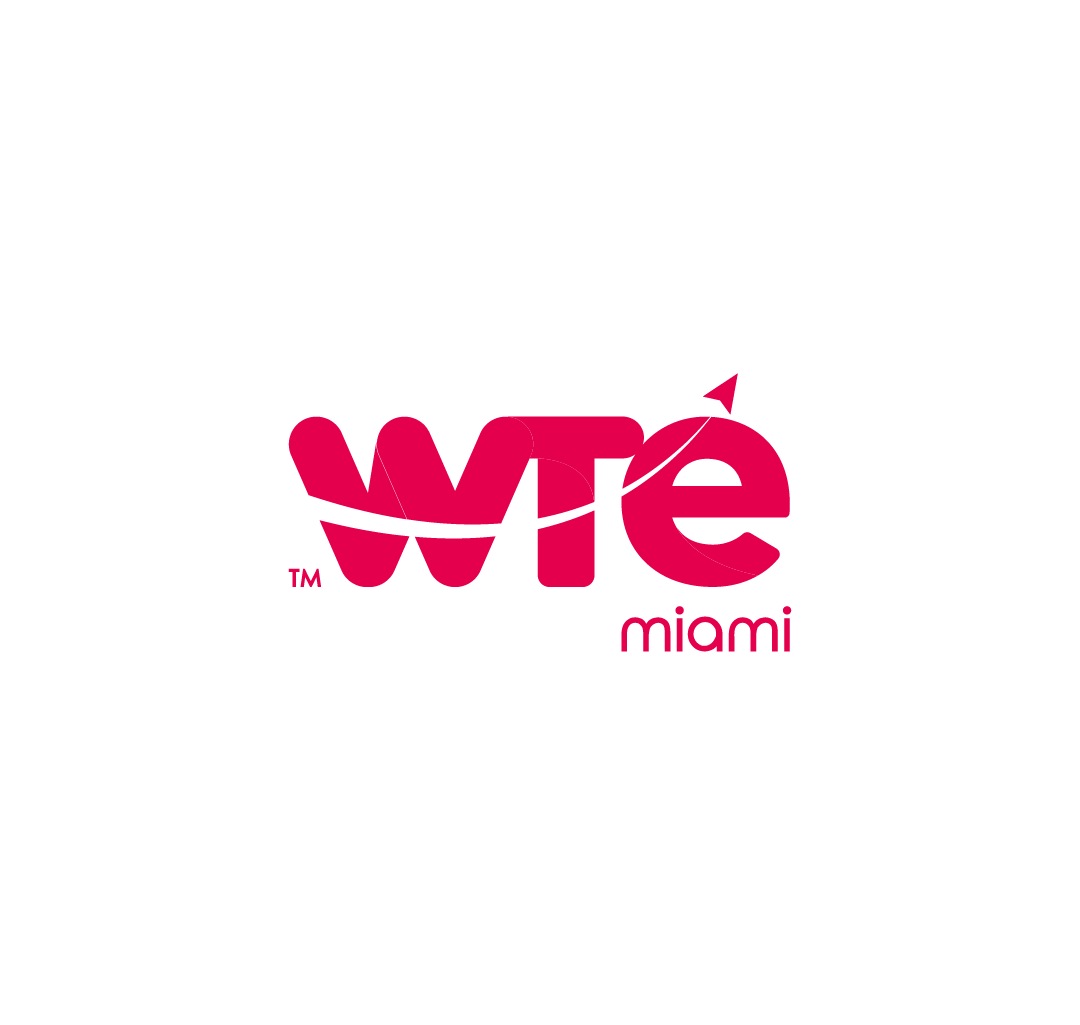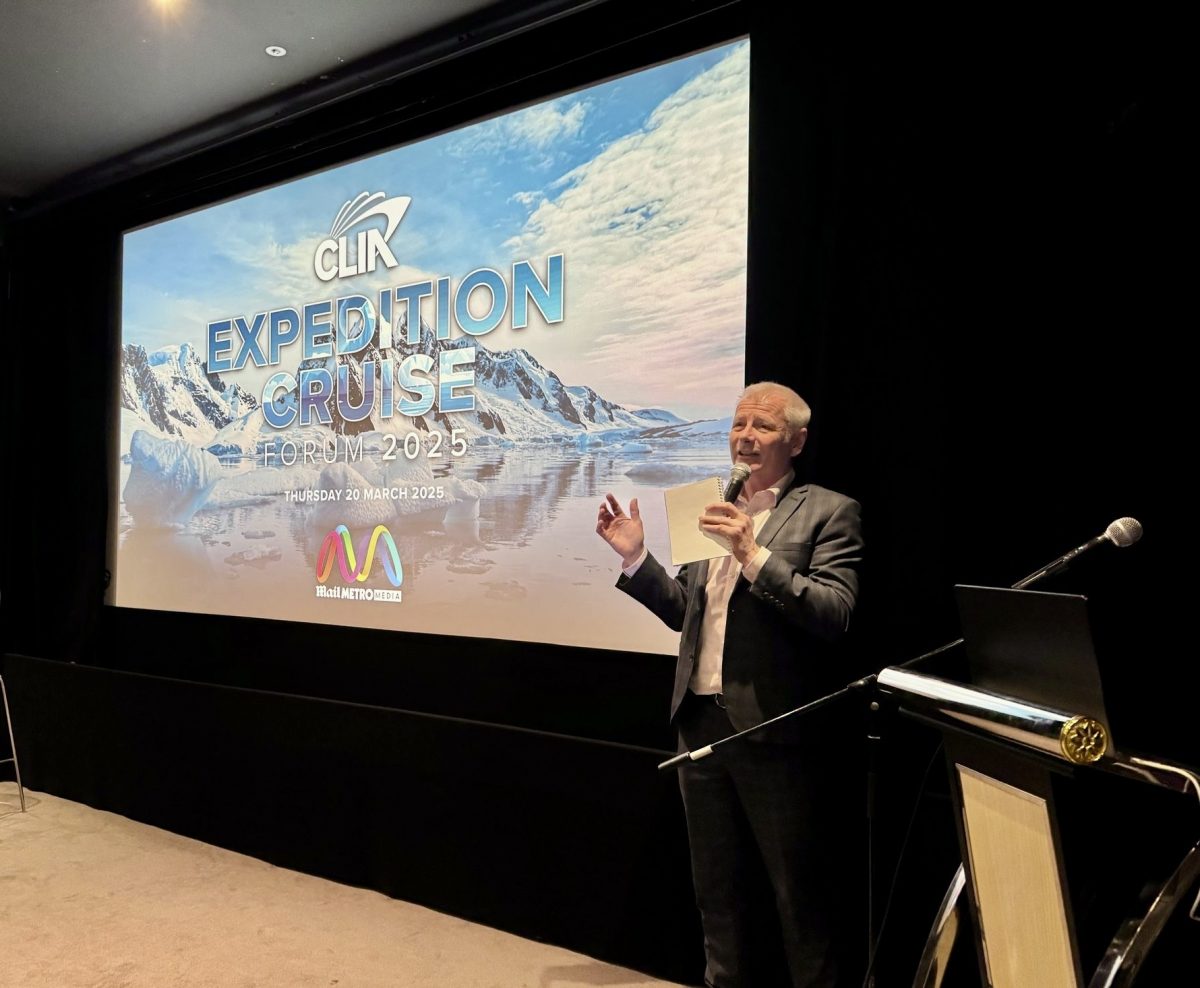Over half hotels greenwash says certification boss

More than half of UK accommodation providers are "misleading" guests with their green policies, according to Andrea Nicholas, we ask some more questions
Last week, in an interview with Air and Business Travel News, Nicholas said assessors at her Green Tourism Business Scheme have come across properties claiming adherence to a policy that is "patently not in place".
The organisation inspects more than 1000 environmental policy documents annually as part of its green accreditation programme. The eco-certification boss called for greater clarity within environmental statements made by companies, saying many are "fluffy to the point of being meaningless".
We had some of our own questions for her:
The number of establishments you estimate are making misleading green statements in UK?
From our experience around 50%, but it is important to emphasise that most of this is down to misunderstandings and possibly some complacency rather than a deliberate intention to ‘greenwash’. However there is also a significant amount of tokenism in evidence – for example a towel agreement that is a stand alone initiative not backed up by other actions.
I am pleased to say that we are seeing less and less of these overstated messages – due not just to the GTBS program and the advice and guidance provided by the program criteria, technical information and the assessors on the site visits but also due to a growing awareness and responsibility of the industry that they need to be transparent for customers who are much more eco-savvy these days
What would you suggest could lead to ‘Greater Clarity’? Is legislation/quality standards a route you would advocate?
I believe there is a need for increased awareness, training and advice for businesses which is why these are some of the key components of the GTBS. It is partly a communication issue and some businesses are just not sure of how to get their green message across accurately and succinctly – our sample wording, case studies and templates help to simplify some of the often complex and unfamiliar ‘green’ concepts.
Also initiatives such as Visit England’s online green tool, Green Start and their marketing toolkit Keep it Real will help increase awareness and understanding.
Will the Visit Scotland intention to incorporate sustainability in quality standards improve the ‘greenwash’ situation?
Anything that increases awareness and encourages businesses to engage with sustainability is going to help. The more mainstream that green becomes the more businesses will understand the importance of being able to provide evidence to back-up their green statements.
Do you think that Global Sustainable Tourism Criteria and the Tourism Sustainability Council are assisting or hindering clarity?
I do not believe that it is possible to have sustainable tourism criteria that are applicable globally; the world’s diversity precludes it. All tourism has local impacts and these need to be identified, prioritised and managed locally. Taking such a broad approach as the GSTC reduces focus and ignores local and national issues. This is why, when we are working with other destinations such as Canada the model of the GTBS will be modified to produce criteria that are appropriate for that destination.
Anything else you’d like to say on the subject?
The issue is no longer about if one set of criteria is better than any other. It is not rocket science for any suitably qualified and experienced person to pull together a general list of sustainability indicators applicable for a destination. However to make a certification scheme work and successfully engage with businesses and other stakeholders is reliant on experience and expert knowledge gained over years of running a program such as we have at GTBS.
Over the past thirteen years we have learnt many lessons about how to communicate effectively with the industry and during that period have carried out more than 5000 on-site assessments from large hotels, international resorts, conference centres and world renowned visitor attractions to the smallest bed and breakfast, one-man activity provider and corporate offices.
Our approach is flexible and is successful because we train our assessors to be able to provide good sound practical advice that is appropriate to the business they are grading and which is based on true-life case study information.
This has only been possible because of the extensive amount of experience gained over the years by the developers of the GTBS (Jon Proctor and Andrea Nicholas) and their team and maintaining standards and consistency through in-house training and mentoring processes. Skills and experiences like these can not be learnt on line but are gained through practical application and one-on-one training with GTBS technical personnel.
Top "eco-fibs" told by accommodation providers (according to Andrea):
- Fair trade coffee and tea promises not fulfilled in hospitality tray sachets.
- Offering to order a taxi in first response to a travel or directions request which could easily, safely and conveniently be met by walking or public transport.
- Towel policies where towels are laundered regardless of where the guest has left them.
- Claims to ‘minimise waste’ not reflected in the purchase of ‘overpackaged’ items such as bottled water and single portions of food for example breakfast cereal.
- ‘Monitoring energy usage’ undertaken on an occasional and erratic basis.
- Electricity consumption undertakings not ‘followed through’ by hotel staff who leave computers and other office equipment on standby as a matter of course; also empty minibars left on continually
- Claiming low-energy status just for using low-voltage lightbulbs.
- Smudging the line on "locally sourced" food, which implies it comes from a local producer, by buying it at a nearby supermarket.
- Using "recycleable" as opposed to "recycled" goods is another example of where hotels have failed to improve their green commitments.
TOP 10 GREENWASHES TO BE AWARE OF:
- Fluffy language: Words or terms with no clear meaning (e.g., “eco-friendly”).
- Green product vs. dirty company: Such as efficient lightbulbs made in a factory that pollutes rivers.
- Suggestive pictures: Green images that indicate a (unjustified) green impact (e.g., flowers blooming from exhaust pipes).
- Irrelevant claims: Emphasizing one tiny green attribute when everything else is not green.
- Best in class: Declaring you are slightly greener than the rest, even if the rest are pretty terrible.
- Just not credible: “Eco friendly” cigarettes, anyone? “Greening” a dangerous product doesn’t make it safe.
- Jargon: Information that only a scientist could check or understand.
- Imaginary friends: A “label” that looks like third-party endorsement — except that it’s made up.
- No proof: It could be right, but where’s the evidence?
- Outright lying: Totally fabricated claims or data.
For further information about Green Tourism Business Scheme go to: www.green-business.co.uk
Valere Tjolle
Valere Tjolle is editor of the Sustainable Tourism Report Suite, special offer at: www.travelmole.com/stories/1142003.php
 United Kingdom
United Kingdom United States
United States Asia Pacific
Asia Pacific












































Royal Caribbean issues Legionnaires’ disease warning
Qatar Airways adding Manchester flights
Jet2 unveils Samos as new Greek destination for summer 2026
EU entry-exit system delayed again
ATC strike in Greece could disrupt flights this week